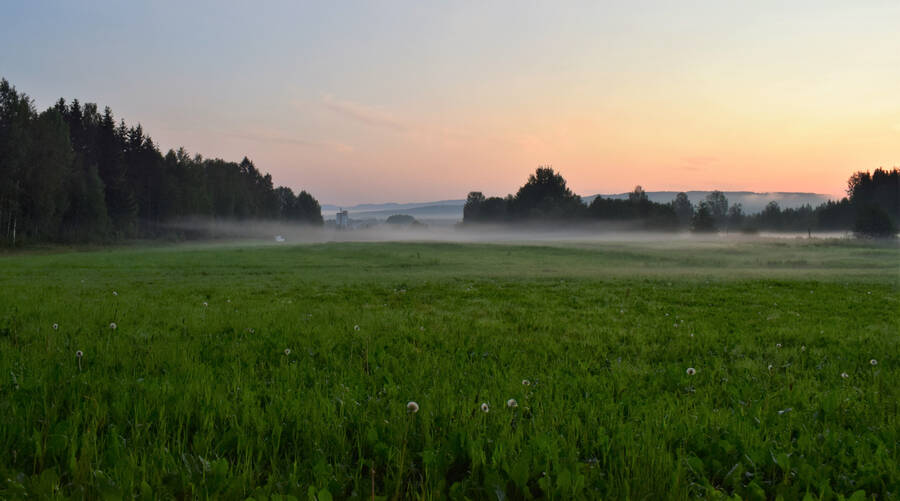So Trued to a Roar

In an essay on the language of the New Testament, the poet Franz Wright considers “the words of Jesus as sacrament,” which “both represents . . . the state of grace it conveys and also creates an event-situation that predisposes the person receiving the sacrament to experience grace.” For Wright, the sacramental quality of Jesus’s speech is rooted in his dual nature, at once of God and of man: “He seems already to be speaking from beyond and looking back on both his preexistence with the Father and then on his Incarnation in the human world.” Reading Christian Wiman’s “So Trued to a Roar,” I sense a similarly disjunctive relation with the mortal world—the feeling of hearing a voice speaking from beyond. The poem takes place in the aftermath of a rupture (perhaps death, or the rapture?), as the speaker creeps “out into the open,” moving from an obscure world shrouded in vague language (“I hardly noticed / it was over”) into a realm of renewed perception, where “the names of things / turned things again.” Gone are the indefinite significations of “it”; in their place, precise vegetation (“white pines, quaking aspen, / shagbark”). The speaker has not, it turns out, been raptured, but “unraptured,” a kind of return from the beyond to meet man again. To have touched death—to know, really know, that “it” will be over—is also to touch life, never more glimmering and specific than as it slips away. By thinning the veil between living and death, between the human and the divine, the event-situation of the poem becomes a sacrament, the grounds for grace.
– Claire Schwartz
Listen to Christian Wiman read "So Trued to a Roar."
So Trued to a Roar
So trued to a roar, so accustomed to a grimace of against, I hardly noticed it was over. Like an invalid I crept out into the open (since when was there an open?) and like a revenant lipped the names of things turned things again: white pine, quaking aspen, shagbark that by all rights should have been shorn. Was it for this, I asked (since when was there someone to ask?) that I was born? No answer, unless of leaves acquiring light, and small lives going about their business of being less, and on the clear pond (and in the clearer beyond) the mien of a man unraptured back to man.
Christian Wiman’s new book, Zero at the Bone: Fifty Entries Against Despair, is out in December.
